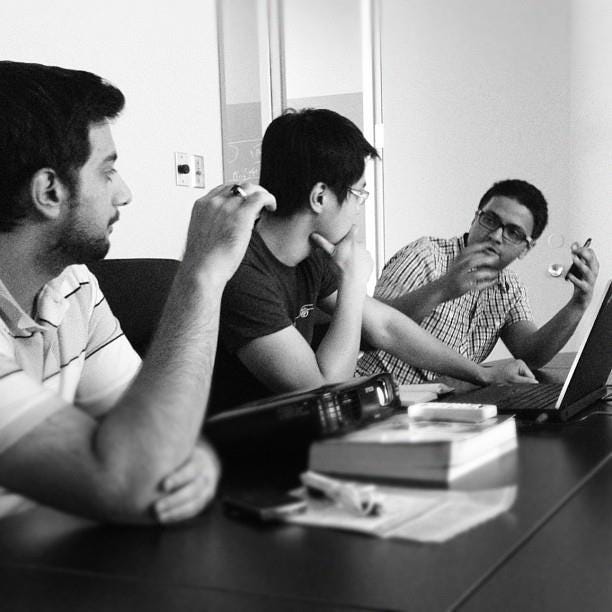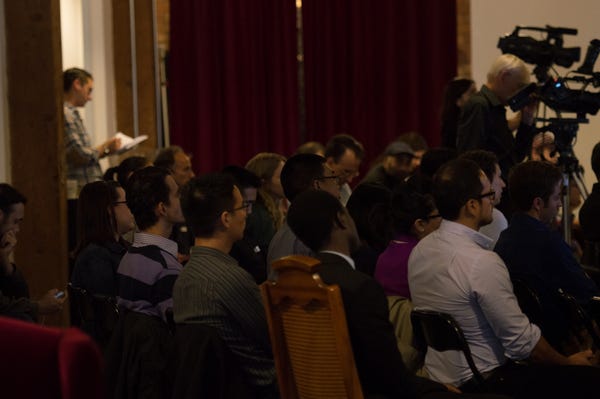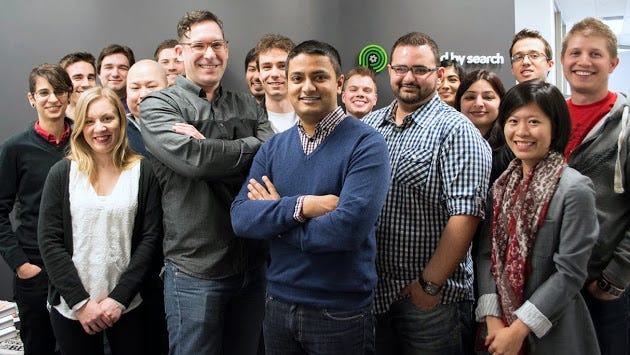There is a silent killer you don’t even know may be affecting you. It robs of you of your power and without you even knowing that it is happening.
It’s called Victimitis, and if you don’t train your mind to notice it, it can take over your life and relationships. Having a victim mentality will hold you back from achieving your true potential, success, and happiness unless you take control of your life right now!
Symptoms of Victim Mentality
Do you know someone who does one or more of the following?
- Gets angry easily and is almost always offended.
- Never takes responsibility for their actions.
- Is quick to judge and criticize others.
- Always justifies their actions as being triggered by external events.
- Makes excuses for being unable to hit their goals.
- Blames others liberally and complains about the world at large.
- Expects a standard of others that they don’t hold themselves to.
We make a choice to become a victim when we don’t take responsibility for the way we act, the words we say, and the commitments we don’t keep. We do this because we have a need to feel significant, and it is mentally easier as a strategy to hold others accountable than to take accountability for our own actions or lack thereof.
Humans are hard-wired to look for the path of least resistance, so while it is easier to act like a victim, it leads to self-sabotage in the long run.
Maybe you’re a victim yourself or you know someone that you love or care for that has victim mentality. I’m going to show you how to stop being a victim and take control of your life.
How does victim mentality start?
We’ve all been hurt. The pain we carry from our past experiences often follows us throughout our life. This pain is a large component in shaping who we become, contributing to the limiting beliefs that hold us back from success and happiness. It often becomes part of our identity, which is why we hold on to it.
“Everyone you meet is fighting a battle you know nothing about.”
Wendy Mass
Taking control of your life does not mean denying the pains of the past or taking responsibility for circumstances you may have had no control over.
It means making a decisive choice to be 100% accountable for your destiny.
What are the benefits of being a victim?
All negative emotions have a short term benefit. Victimitis is no different. Adopting a victim mentality has the following benefits:
- You don’t have to take any responsibility or personal ownership
- You don’t have to take any action
- You get lots of attention and sympathy
- You get to feel right because everything is someone else’s fault
“Self-pity is easily the most destructive of the nonpharmaceutical narcotics; it is addictive, gives momentary pleasure and separates the victim from reality.”
John W. Gardner
Being a victim has a high return on investment because it involves having to do very little to have the world serve us, instead of having to serve the world.
How to stop being a victim in your own thoughts
Change your mind
The first step to refusing to be a victim is to acknowledge that adopting a victim mentality is a choice. The key to changing your mind is to understand that even though this may have been a choice you’ve made in the past, it isn’t a choice you have to keep making.
Change your perspective
The next step is to accept that just like you are choosing to be a victim, you can use use the same powers of choice to choose to reject being a victim and take control of your life.
Make a choice to respond instead of reacting
Choose to control impulses that lead to erratic thoughts and actions that ultimately give away power over your emotions. Choose to instead be proactive, because while you cannot control what happens to you in life, you are in complete control of how you respond.
Being proactive gives you back the control you choose to give up when you’re reactive. Make a conscious decision in your own mind to stop being a victim by controlling the way you respond to your own feelings, and other people, situations, and circumstances in your life.
Have an attitude of gratitude
When was the last time you expressed how grateful you are? When you really think about it, you’ll see that just the fact that you are able to read this post on a computer, tablet, or on your smartphone already you gives you privileges that many millions of people in the world do not enjoy. When we trade expectations for appreciation, our entire world changes.
Avoid conditional apologies
Have you ever apologized out of spite to justify reacting in a way you should have never acted out in the first place? Here’s an example:
“I’m sorry but if you weren’t late, I wouldn’t have to yell at you.”
In the example above, the person justifying their reaction invalidates what could have been a genuine and emphatatic apology.
How to stop being a victim in your relationship
If you’re single, seeing someone, or in a committed relationship, victimitis is crucial to notice for your personal happiness for yourself and your partner.
Who is responsible for your happiness? Do you feel this is your partner’s responsibility? When you shift the responsibility for your own happiness to your partner, you’re setting yourself up for failure because you are giving away the control of the most important thing in your life: your happiness. Inevitably, this leads to a flood of negative consequences such a fear, anxiety, mistrust, and a host of other negative emotions.
Reject your sense of injury and the injury itself disappears.
Marcus Aurelius, Meditations
Your relationship with your partner is often more raw and blunt than it is with yourself or with your friends or co-workers. This is often why we hurt the ones we love the most.
There are a few lies we willingly tell ourselves. Do you identify with saying the following?
- It’s your fault.
- You ruined my day.
- You’re not nice.
- That’s not fair.
- That’s just the way I am.
- Deal with it.
- You can’t do anything right.
We’ve all said something to this effect at some point in our relationships. I know I have. The key is to choose how to respond by being proactive instead of reactive. Try the following:
- What can I do to make it right?
- I’m sorry. How can I make it better?
- I didn’t mean that.
- Help me understand why you feel this way.
- You’re being too hard on yourself.
- We’re not aligned. How can we work this out?
- I’m sure you don’t really mean that.
How to stop being a victim at work
Victimis Excusitis is a very real problem that robs people and the businesses they work in of real progress and meaningful momentum. Here are some telltale examples of victim mentality at work:
- “It’s not my job”
- “I did my part. I’m not responsible.”
- “I was just following the instructions my manager gave me.”
- “It can’t be done.”
- “I’m sorry but we’re doing the best we can with what we have.”
We all know someone at work who does not take 100% responsibility over their ability and to be effective and efficient, citing every reason other than themselves as to why “it can’t be done.”
The worst part of those with the victimitis virus at work is that they bring down others who try to be proactive by discouraging, patronizing, being sarcastic or cynical, and not contributing positively to working together as a team. Victimitis is the biggest cancer that holds back teams from being effective.
If you recognize this in yourself or a co-worker, it is imperative to regain control and ownership of your own actions at work.
“Implementing Extreme Ownership requires checking your ego and operating with a high degree of humility. Admitting mistakes, taking ownership, and developing a plan to overcome challenges are integral to any successful team.”
Jocko Willink
Just like a plane has a limited runway to take off, so too do excuses have limited time to be tolerated within the workplace.
Empower yourself with this proactivity pledge
You can make a positive choice to stop being a victim right now and to start taking control of your life. Make the following pledges:
- I vow to stay positive in the face of negativity;
- When I want to be bitter, I will choose to get better;
- When I experience a setback, I will be resilient;
- I believe that being positive not only makes me better, it make everyone around me better.



